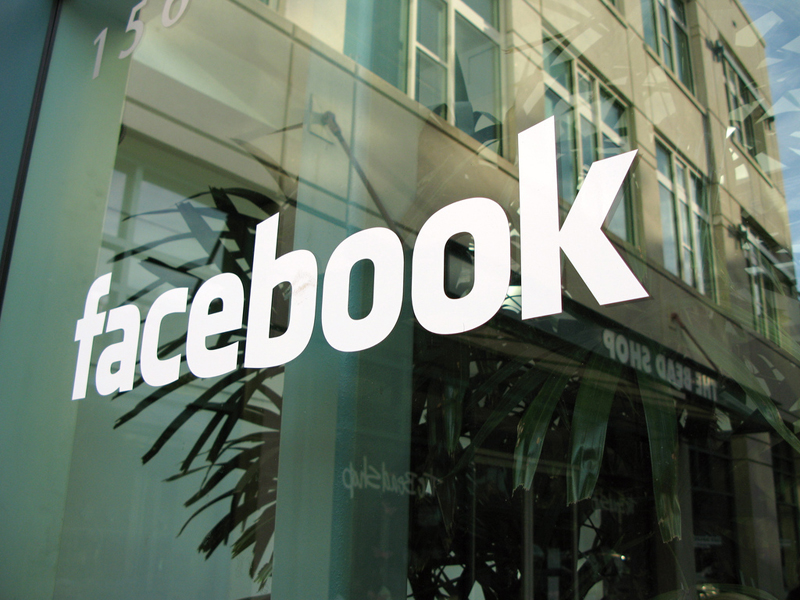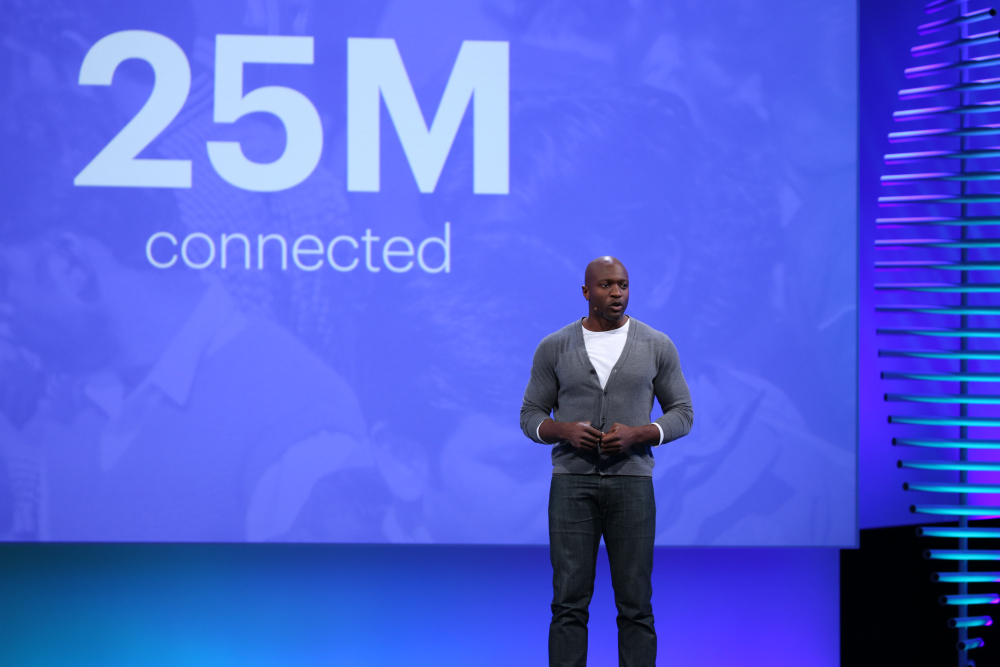
Technology’s latest dilemma is one that some of the world’s largest tech firms have tried to address. Is there a way to fully engage with technology while maintaining user privacy?
While encryption vs. artificial intelligence has yet to make a grand splash in the Silicon Valley pool, I’d predict that this kid is jumping into a canon ball as we speak. As was astutely pointed out by The Guardian’s Danny Yadron, this dilemma isn’t going anywhere.
Facebook has apparently begun developing an opt-in, encrypted version of its Messenger app. The reasoning behind making the encrypted feature optional is that it would disable some of the machine learning perks it’s building into Messenger as part of the bot movement.
This draws attention to the similar actions taken by Google just a few weeks ago. The company’s new messaging app Allo, announced during Google I/O, will include an incognito mode which gives users the option to encrypt their activities inside the app.
Allo will have the Google Assistant built right into it, meaning that the app will include a machine learning aspect which supports many of the apps most compelling (and most-advertised) features.
After it was revealed that the app’s encrypted features were optional, Google faced significant blowback both from both privacy activists and regulating bodies.
Messenger currently has over 900 million active users, second only to also-Facebook-owned messaging app, WhatsApp, which has already joined the fight for end-to-end encryption.
However, it can’t be ignored that in order for companies like Google and Facebook to make their products as useful as possible to consumers, they need to be able to gather data. In the long run, their products need to learn and grow as their users do for a true integration between humans and technology to ever take place.
Several companies in addition to these, including Amazon and Apple have released in machine learning technologies, suggesting that this integration is the end goal.
The encryption wars raged over the last half-year as the FBI pleaded with Apple to help it unlock the iPhone 5s of a San Bernardino shooter. Just a few days ago, the FBI officially rescinded their demands as it confirmed another method of cracking the shooter’s phone.
Since then, WhatsApp and Viber went on to introduce end-to-end encryption across their messaging platforms and the subject of privacy has been a hot one across the tech space.
While Facebook wouldn’t confirm its intention to add encryption benefits to Messenger, the rumour itself begs the question of whether consumers are willing to compromise on convenience or personal privacy.
Related reading: Google’s new Allo app wants to turn us all into chat bots
[source]The Guardian[/source]
MobileSyrup may earn a commission from purchases made via our links, which helps fund the journalism we provide free on our website. These links do not influence our editorial content. Support us here.




